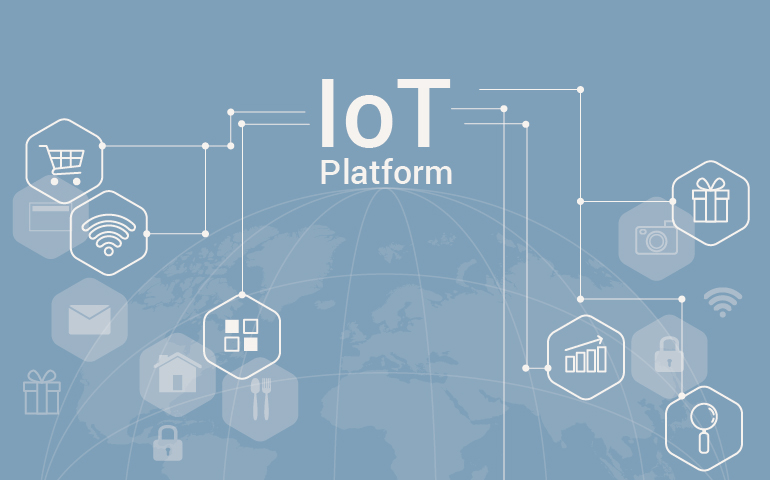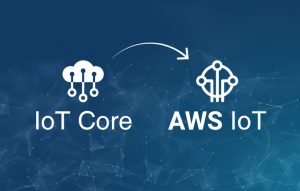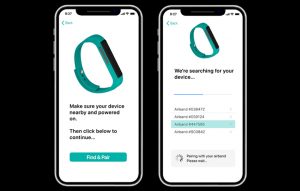Regardless of the IoT solution that you are planning to adopt, an IoT platform remains the heart of the entire IoT ecosystem. You cannot just wait around to find the perfect IoT platform, because you cannot get to work until you have an appropriate IoT platform in place. Choosing the right IoT platform is an important decision that you need to make before you start your IoT journey, so it makes sense to make it prudently.
Building a compatible and reliable IoT platform is challenging, that is why the market is flooded with smart solutions and applications offered by IoT platform companies who have mastered this field over the years. Most of these platforms are built with the same aim, however they vary a lot in terms of user experience, authentication and security, ease of use, and device management.
Here are some of the factors that will help you to decide how to pick the right IoT platform:
Scalability
The intricacy of handling data increases as the number of connected devices grows, which in turn makes scalability a major factor when picking an IoT platform vendor. With increased number of connected devices, the costs and risks associated with the data and hardware also increases. You may not connect a million devices from the very beginning, but it is important to make sure that your IoT platform can tackle increased data load as you connect more devices.
Go for a vendor that provides you a platform that is created to provide scalability and optimal performance for your devices. The right IoT platform will support millions of devices with different technological requirements, providing continuous insights from the collected data without compromising efficiency.
Intelligent edge devices
This can be one of the most overlooked concerns when it comes to evaluating the offerings of an IoT platform. As you move further in the IoT journey, you move towards offline, distributed, edge intelligence.
Your IoT platform should provide edge intelligence capabilities in order to extend the power of the cloud to your mobile and IoT devices. Such capabilities will facilitate an intelligent edge that can bring computing power, data, applications, and intelligence to all the places where your data already exists. This will allow your edge devices to take decisions based on the local data that they generate, in addition to leveraging the benefits of cloud to configure and manage those devices.
Cloud infrastructure
No matter what vendor you choose for your IoT platform, the basic necessity of that platform is to fit in with your existing IT system, which is probably hosted on-premises. In such a scenario, hybrid cloud approach can prove to benefit in a lot of ways as compared to the singular approach. The hybrid cloud combines the best of both worlds, by giving the ease of accessibility of private cloud and scaling capabilities of public cloud.
When you adopt this approach, your requests are not pushed through the public internet, thus reducing the latency and access time significantly. Additionally, you can also leverage the computing capabilities of public cloud when the tasks exceed the workload of the private cloud component. Using hybrid cloud, all the business critical information can be retained on-premises, while less critical information can be stored in the public cloud.
Disaster recovery
It’s no secret that data security is a major concern when it comes to today’s data-driven marketplace. Your IoT platform vendor should be well-prepared for an IT infrastructure outage, whether it is due to natural conditions or cyber-attacks. As the security of your data depends on your platform provider, you should verify a list of things before handing over your business sensitive data.
Check if your vendor has a proper disaster recovery strategy in place, ask whether they are using a dedicate infrastructure to manage your data and how often the platform takes data backup. Moreover, verify if they can provide failover clusters to take over the workload in case of any downtime, thus assuring higher availability.
Communication protocols and standards
Whichever IoT platform you choose, you need to ensure that it directly or indirectly offers protocol translation. Majority of enterprise IoT platforms have started supporting CoAP and AMQP, in addition to supporting the most common ones such as HTTP and MQTT.
Confirm if your IoT PaaS provider can support upgraded version of these protocols or newer protocols with ease. You can also ask your IoT platform provider if there is a scope to implement a custom protocol and if they can handle it from the backend.
Conclusion
Once you consider all of the above-mentioned factors while selecting the right enterprise IoT platform, you also need to check if your vendor is capable of customizing your IoT applications and implementation strategy that fosters your business goals and can also be integrated with your existing IT infrastructure. After all, IoT is an improvement, not a substitution.









